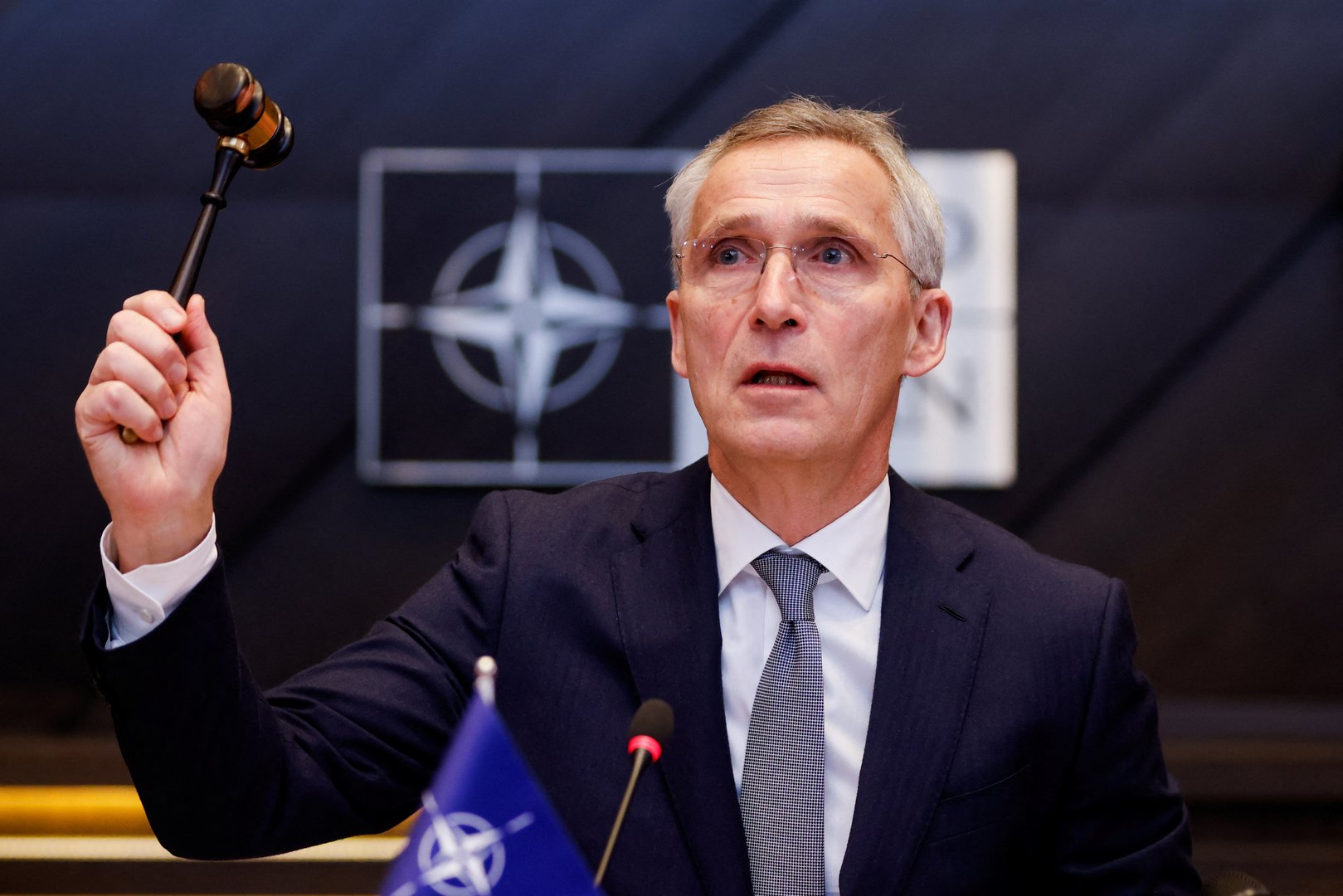NATO is set to take over the coordination of arms deliveries to Ukraine from the U.S., the alliance’s chief said on Wednesday, in a bid to safeguard the military aid mechanism as NATO-sceptic Donald Trump bids for a second term as U.S. president.
“I expect that ministers will approve a plan for NATO to lead the coordination of security assistance and training to Ukraine,” Jens Stoltenberg told reporters on the eve of a two-day meeting of NATO defence ministers in Brussels.
Hours before, Hungary had given up its resistance to the Ukraine support package NATO aims to agree at its Washington summit in July, comprising a financial pledge and the transfer to NATO of the coordination of arms supplies and training.
During a visit by Stoltenberg to Budapest, Prime Minister Viktor Orban said his country would not block NATO decisions on providing support for Ukraine but had agreed that it would not be involved.
He added he had received assurances from Stoltenberg that Hungary would not have to provide funding for Ukraine or send personnel there.
Hungary has been at odds with other NATO countries over Orban’s continued cultivation of close ties to Russia and refusal to send arms to Ukraine, with Budapest’s foreign minister last month labelling plans to help the war-torn nation a “crazy mission”.
Stoltenberg had proposed that NATO take on coordination of international military aid for Ukraine, giving the alliance a more direct role in the war against Russia’s invasion while stopping well short of committing its own forces.
The move is widely seen as an effort to provide a degree of “Trump-proofing” by putting coordination under a NATO umbrella.
But diplomats acknowledge such a move may have limited effect, as the U.S. is NATO’s dominant power and provides the majority of weaponry to Ukraine. So if Washington wanted to slash Western aid to Kyiv, it would still be able to do so.
Stoltenberg has also asked allies to keep up funding military aid for Ukraine at the same level as they have since Russia’s full-scale invasion in 2022, adding up to some 40 billion euros per year.
On Wednesday, he said he was hopeful allies would find agreement on a financial pledge before the summit to make the support for Ukraine more robust and more predictable.






Click here to change your cookie preferences